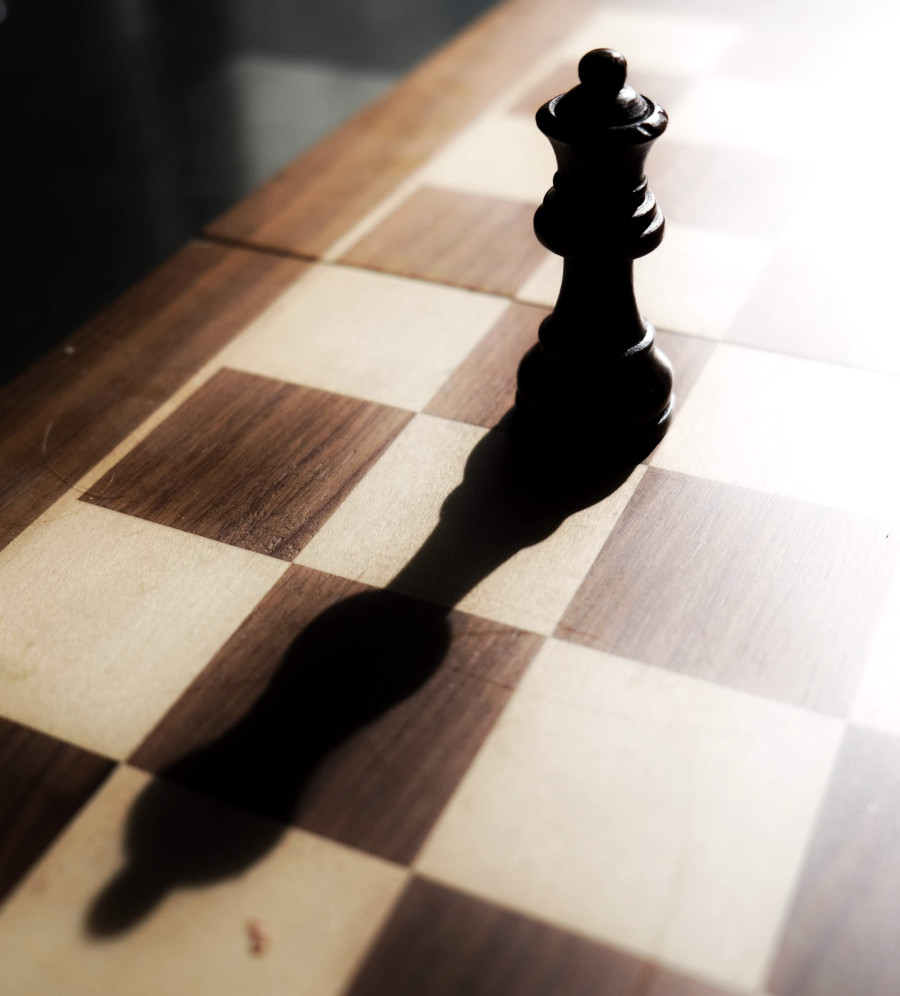Columns
No permanent friends, only permanent interests
How does Oli’s dissolution of Parliament affect our neighbours and other powers like the US?
Amish Raj Mulmi
In November, as Indian and Chinese officials rushed to Kathmandu and the Nepal Communist Party split began to heat up once more, former editor of the Post Akhilesh Upadhyay put forth a most pertinent query for our times: ‘The big question is how far will this domestic dynamic intersect with changing regional and global geopolitics’. Two months later, the overlap between Nepali domestic politics and international realities has never been starker.
Now that the dust has settled a little, one can get a sense of how our neighbours and other powers like the US have perceived the new normal in Nepali politics. Here, one must first note that Prime Minister KP Oli’s move will, in all likelihood, spiral into an era of instability, as our politicians rush to find new alliances that suit them most (the Nepali Congress best exemplifies this).
The view from the north
Guo Yezhou, the vice-minister of the international department of the Communist Party of China (CPC) who is said to have played a crucial role in the merger of the NCP, rushed to Kathmandu, met leaders across the board, and returned. Several reports highlighted Guo’s mission was first to enquire whether the split could be averted via a new power-sharing arrangement that would perhaps sideline Oli. Beijing’s next query was whether the new political developments would affect ‘stability’, or in other words, whether Nepal would now back down on the commitments it had made to China while elevating ties to a ‘strategic partnership’. Lastly, China is also said to have enquired on the status of the Millennium Challenge Corporation (MCC) Compact, with an NCP leader saying Beijing had concerns Nepal would now approve it under Oli’s executive government.
The perception that China is a ‘non-interfering’ neighbour seems to have disappeared; over the last year, Beijing has put its weight behind a unified NCP, viewing the communists as Nepal’s primary political force. But the events of 2020 have caught it on the backfoot; China’s role in Nepal is increasingly scrutinised at a variety of levels. The question then arises: did Beijing err by putting all its eggs in the communist basket, just as it had once done with the monarchy?
One critical international development explains much of China’s nervousness with the resultant instability. In the last week of 2020, the US passed the Tibet Policy and Support Act (TPSA), a decisive piece of legislation that will dramatically upgrade American support towards Tibetan exiles. The US has said the selection of Tibetan Buddhist leaders are ‘exclusively spiritual matters’ which must be decided by ‘appropriate religious authorities’; that the current Dalai Lama’s wishes and instructions must be followed to select the next reincarnation; and that any Chinese officials interfering with the selection of the next Dalai Lama will face sanctions, including having their assets frozen and their entry into the US denied.
The new Act will have two important implications in Nepal. The US has said it will ‘urge’ Kathmandu to honour the ‘gentleman’s agreement’ that allows for safe passage of Tibetan refugees to India via Nepal. Several human rights groups have alleged Nepal has not honoured the agreement in recent years. Further, the TPSA also authorises the release of $6 million each year from 2021-25 towards preserving Tibetan culture and language, and to promote the development of the next generation of leaders from Tibetan communities in India and Nepal.
With Tibet back in global power focus, it is obvious China is worried any political instability in Nepal will see new activism among the Tibetan exile community, which it has successfully managed to subdue after the 2008 protests against the Beijing Olympics.
South Block’s dilemma
On the other hand, India has found itself in a curious position after Oli’s move. The NCP split serves to weaken China’s authority in Kathmandu, while Oli’s dissolution also weakens the 2015 statute, a document Delhi simply ‘noted’. Further, India also has more leverage with an Oli who is cornered by his opponents. The flipside, however, is that despite India calling the dissolution an ‘internal matter’ to be resolved via ‘democratic processes’, its invitation to Foreign Minister Pradeep Gyawali to visit Delhi will be seen as a silent approval of Oli’s undemocratic move, and open it up to further queries by his opponents (and the larger Nepali society). Already, Pushpa Kamal Dahal has upped the ante by calling for India’s ‘naitik samarthan’, best translated as moral support, towards the re-establishment of Parliament. Its relative inaction, which has flummoxed Oli’s opponents, serves to bolster its recent attempts at changing the perception of interfering in Nepali affairs, but it may very well find itself on the wrong side of history, too.
In a recent and revelatory piece, Shyam Saran, former Indian foreign secretary and ambassador to Nepal, wrote, ‘India’s long-term interest in this sensitive neighbouring country is best served by a stable multi-party democracy and economic prosperity for which India remains an irreplaceable partner. To extend support to Oli or to encourage an apparently “right wing coalition” to supplant the NCP, even if this means derailing Nepal’s democracy, would prove to be extremely short-sighted’. However Saran is perceived among a section of Kathmandu intelligentsia, he is right. Already there are rumours of the RSS/BJP combine encouraging a return to the Hindu state; some have even argued for the possibility of a ‘cultural monarchy’ (whatever that may mean!). Needless to say, Indian long-term policy in Nepal must distinguish itself from the ruling party’s goals.
Washington and the MCC
The last piece of the puzzle lies in Washington’s silence over the dissolution, and a recent statement by its embassy spokesperson that Nepal must approve the MCC Compact soon to avail of its benefits. As with India, the US finds itself in a stronger position in Nepal after the dissolution, and it will hope that Oli, who backed the MCC, will push the Compact ahead—albeit how he can do so without Parliament's approval remains to be seen. But combined with the aforementioned TPSA, the longer-term American goal of reducing Chinese influence will continue. But the irony is unmissable. Two of the world’s biggest democracies (and among Nepal’s primary bilateral partners) have been largely silent about an unconstitutional move that will erode a fragile republic’s democratic foundations.
In 1960, after Mahendra’s coup, the US was wary at first, but soon embraced the king’s putsch ‘lest he look increasingly to the [Communist] Bloc for support’. In a long essay on the US response to the coup, historian Tom Robertson wrote, ‘Democratic values seemed less a concern than power politics… The US, once a strong voice for democracy in Nepal, now supported the king and gave up on programs such as land reform’. At that time, China and the US found themselves on the same side in Nepal, with India not too pleased with Mahendra’s dissolution of Parliament. Then in 2005, when Gyanendra declared the emergency, India and the US withdrew support to the monarchy, while China gained ground by supplying the king with military aid. Today, India and the US now find themselves benefiting from Oli’s dissolution, with China on the backfoot. As they say, there are no permanent friends or enemies in international relations, only permanent interests.




 8.26°C Kathmandu
8.26°C Kathmandu















